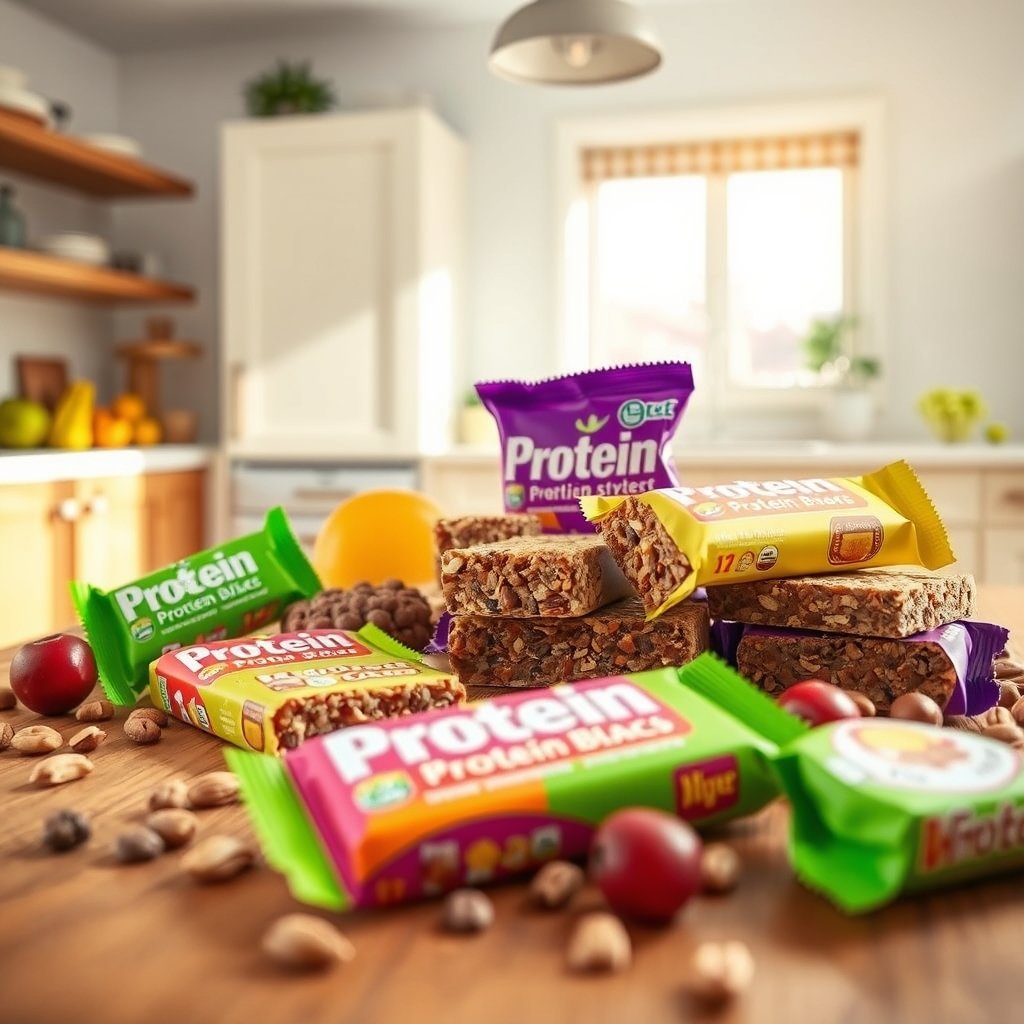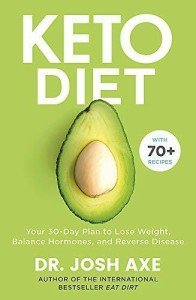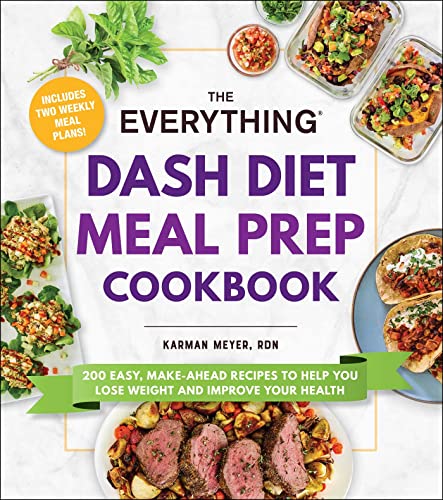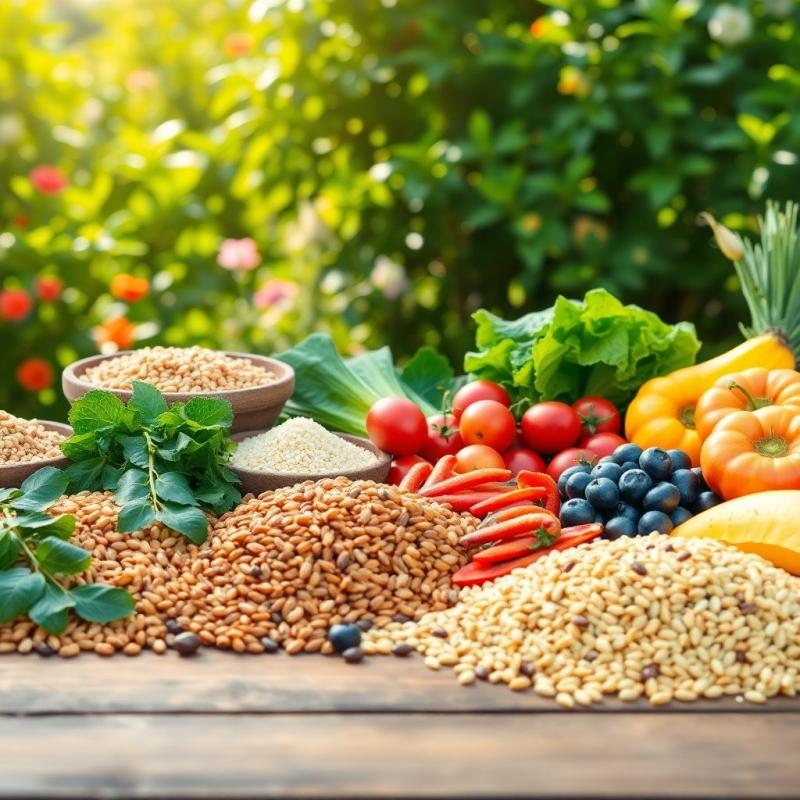The Impact of Nutritional Choices on Physical Performance and Weight Loss
The importance of consuming a well-balanced diet to optimize physical performance and overall fitness cannot be overstated. However, there are several prevalent myths surrounding healthy eating that may hinder one's potential to achieve optimal results. This article aims to debunk these myths and provide scientific evidence to support the adoption of healthier dietary habits.
Importance of Nutrition for Fitness and Weight Loss
Nutrition plays a crucial role in achieving fitness goals and weight loss, as it directly influences energy levels, body composition, and overall health. Here’s an overview of how nutritional choices impact physical performance and overall fitness:
1. Energy Supply for Workouts
-
Fueling Activity: The body requires energy to perform physical activities, which is derived from the calories consumed from foods. Carbohydrates are the primary source of energy for both aerobic and anaerobic exercises, making them essential for workouts.
-
Sustained Performance: Adequate nutrition ensures that you have the stamina to maintain performance levels throughout a workout. Without proper fueling, fatigue can set in quickly, impacting exercise intensity and duration.
2. Recovery and Muscle Repair
-
Post-Workout Nutrition: Consuming the right nutrients post-exercise—particularly protein and carbohydrates—plays a significant role in muscle recovery. Protein helps repair and build muscle tissues, while carbohydrates replenish glycogen stores.
-
Inflammation Reduction: Nutrient-dense foods rich in antioxidants and omega-3 fatty acids can help alleviate inflammation and promote faster recovery after intense training sessions.
3. Body Composition Management
-
Weight Loss: A balanced diet can aid in creating a calorie deficit, which is essential for weight loss. Focusing on whole foods that are nutrient-dense but lower in calories can help individuals shed excess weight without feeling deprived.
-
Muscle Maintenance: Proper nutrition supports muscle retention during weight loss. Consuming adequate protein can help prevent muscle loss, ensuring that the weight lost comes primarily from fat rather than muscle.
4. Nutrient Timing
-
Optimizing Performance: Timing meals and snacks around workouts (pre- and post-exercise) can enhance performance and recovery. Eating a meal rich in carbohydrates and protein before exercise can improve energy levels and performance.
-
Strategic Snacking: Healthy snacks can help regulate hunger levels and prevent overeating later in the day, supporting weight loss efforts.
5. Mental Clarity and Motivation
-
Cognitive Function: Nutrition also affects mental performance and motivation. A well-nourished brain enhances focus and concentration, which can improve workout efficiency and increase adherence to fitness programs.
-
Craving Control: Eating a balanced diet can help stabilize blood sugar levels, reducing cravings and the likelihood of impulsive eating that can impede weight loss goals.
6. Sustainability of Healthy Habits
-
Balanced Approach: Emphasizing a diet rich in whole foods rather than restrictive dieting can promote a long-term healthy lifestyle. A sustainable approach to eating encourages a positive relationship with food and supports ongoing fitness goals.
-
Flexibility in Choices: Allowing for flexibility within dietary choices can reduce feelings of deprivation and promote better adherence to a healthy eating plan over time, which is critical for weight loss success.
Myth Busters:
Exercising on an empty stomach:
When your stomach grumbles, it is a sign that your body requires nourishment. Ignoring these signals can lead to exercising without adequate fuel. It is crucial to consume a light snack, such as an apple, before engaging in any physical activity to ensure optimal performance.
Relying on energy bars and drinks:
While energy bars and drinks may serve as occasional convenient snacks, they do not provide the essential antioxidants required for cancer prevention. Instead, the consumption of fruits and vegetables is recommended due to their high content of vitamins, minerals, fluids, and fiber.
Skipping breakfast:
Contrary to popular belief, skipping breakfast is detrimental to one's overall well-being. Breakfast kick-starts the day by providing the body with essential fuel. Failing to consume a balanced breakfast can lead to increased hunger throughout the day, potentially resulting in overeating or selecting unhealthy food options later on.
Low-carbohydrate diets:
Carbohydrates play a vital role in providing energy to the muscles and facilitating energy storage within the body. Thus, eliminating or severely restricting carbohydrate intake can negatively impact physical performance. It is essential to include an appropriate amount of carbohydrates in one's diet to support optimal muscle function and energy levels.
Healthy eating does not grant unlimited indulgence.
Engaging in regular exercise and adopting a healthy eating pattern does not provide a free pass to consume unrestricted quantities of any food. Regardless of whether one exercises or not, the body requires the same essential nutrients, including fruits and vegetables, to maintain optimal health.
Calorie intake and weight management:
Although maintaining a calorie deficit is crucial for weight loss, it is imperative to do so in a safe and sustainable manner. It is recommended to aim for a weight loss rate of 1-2 pounds per week, as excessively rapid weight loss can have adverse effects on overall health. Consistently meeting one's caloric needs is essential to supporting the body's physiological functions. If weight loss occurs too rapidly, it is advisable to increase caloric intake to ensure the body functions optimally.
The importance of avoiding soda and alcohol:
For physically active individuals, water, milk, and juice are the optimal beverage choices. Consistent hydration is vital, and relying on thirst as an indicator may lead to inadequate fluid intake. By the time thirst is experienced, the body is already mildly dehydrated. Consuming soda and alcohol should be minimized due to their lack of nutritional value and potential negative impact on performance and overall health.













